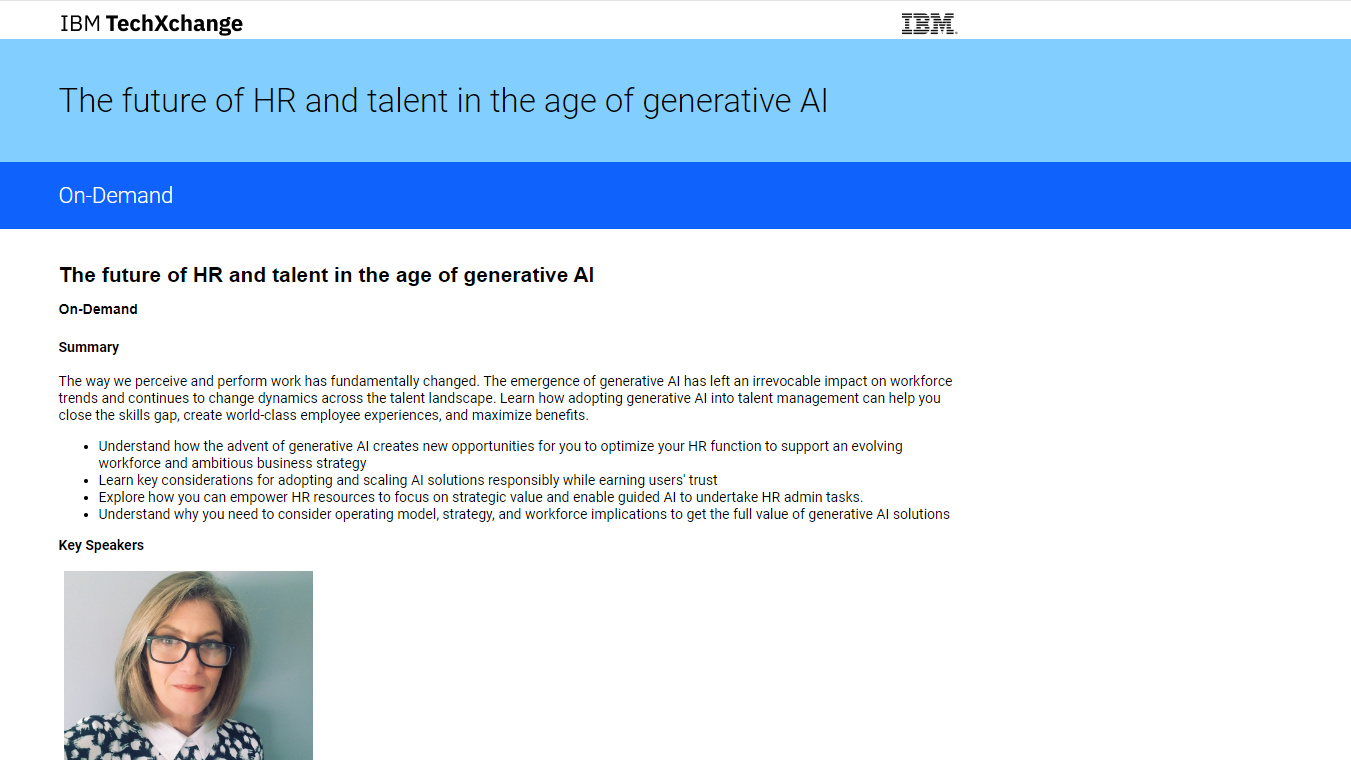Surge in female computing degree applications shows the tide is slowly turning on tech sector gender diversity
The gender gap is narrowing when it comes to computing degree applications, according to BCS, but there's still a long way to go


A record number of women applying for computing degrees in 2024 shows that tentative progress is being made to cut the gender diversity gap in UK tech, according to new research.
In total, there were 18,880 applications from female students to study the subject at university this year, marking a 10% increase on the year previous.
Analysis of UCAS applications by BCS, the Chartered Institute for IT, found there were 17,140 applications made, which the organization said highlights the increased appetite among female students to pursue careers in the technology sector.
"More and more young women understand that taking a computing degree can help them change the world, and that is shown by these UCAS application figures," said BCS president Gillian Arnold.
"There’s still a long way to go until we have the truly diverse tech profession we need to ensure emerging technology like AI benefits everyone. That also includes creating a more inclusive culture across the tech profession itself."

While male applicants still outnumber females in computer science by over 4.1 to 1, this year, the gap has closed slightly from the 4.4 to 1 ratio at the same stage in the application cycle in 2023, BCS found.
Overall, STEM subjects are increasing in popularity, with applications to study computing from all young people rising by 7% to a total of 99,710. Meanwhile, applications for mathematics courses were up by 11%, engineering rose by 10%, and physical sciences by 8%.
Sign up today and you will receive a free copy of our Future Focus 2025 report - the leading guidance on AI, cybersecurity and other IT challenges as per 700+ senior executives
More than one-in-five applications (21%) came from non-UK students, a slight decrease from the 23% recorded in 2023/24.
Computing courses continue to climb the popularity ranks
Computing is now the seventh most popular subject for UK 18-year-old applicants, BCS found. This, the institute said, is the sixth consecutive year of growth for computing course applications among students of this age group.
This year’s figure is 70% higher than in 2019, and 113% higher for women.
"Diversity is more than just a concept when it comes to teams creating AI – reducing bias is a critical factor in all teams if we are to get more innovation in areas like medical diagnosis," Arnold said.
"People from every background need to be encouraged by the demand for computing and know that the tech profession needs them."
RELATED WEBINAR
Earlier research from BCS, carried out with Coding Black Females, found issues such as micro-aggressions, lack of flexible working, and a ‘tech bro culture’ were hindering women from progressing in IT careers.
But while the BCS report shows the gender gap narrowing, it's also found that, at present rates, it could take 300 years to close entirely.
One big barrier, according to industry body Tech Talent Charter, is the fact that women tend to shoulder more than their fair load of caring responsibilities, with 40% of women citing the problem as their main reason for leaving the tech industry.
Emma Woollacott is a freelance journalist writing for publications including the BBC, Private Eye, Forbes, Raconteur and specialist technology titles.
-
 Microsoft unveils Maia 200 accelerator, claiming better performance per dollar than Amazon and Google
Microsoft unveils Maia 200 accelerator, claiming better performance per dollar than Amazon and GoogleNews The launch of Microsoft’s second-generation silicon solidifies its mission to scale AI workloads and directly control more of its infrastructure
-
 Infosys expands Swiss footprint with new Zurich office
Infosys expands Swiss footprint with new Zurich officeNews The firm has relocated its Swiss headquarters to support partners delivering AI-led digital transformation

